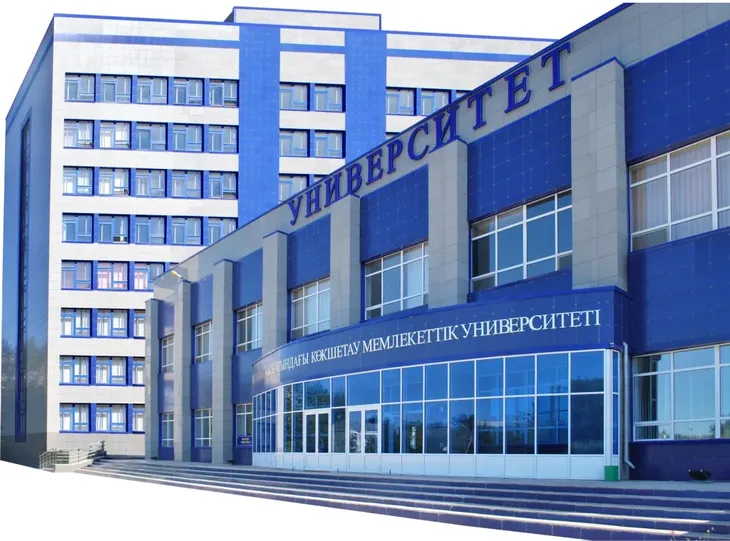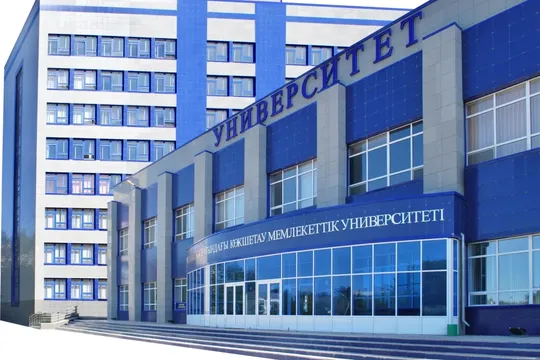Mechanical engineering

Educational program code
6B07104
Language of instruction
Kazakh, Russian
Learning level
Undergraduate
Duration of study
4 year
Specialized subjects
Physics
Mathematics
Objectives of the educational program
Training highly qualified personnel in mechanical engineering by developing students' personal qualities, general cultural and professional competencies, as well as skills in organizational-technological, production-management, and project activities
- History of Kazakhstan
- Philosophy
- Political Studies
- Social Studies
- Cultural Studies
- Psychology
- The Kazakh (russian) language
- Foreign language
- Information and communication technologies
- Physical Training
- Theoretical Mechanics
- Strength of Materials
- Descriptive geometry and engineering drawing
- Mathematics
- Physics
- Academic writing
- Сhemistry
- Machine drawing and computer graphics
- Basics of design and machine parts
- Electrical Technology and Basics of Electronics
- Fundamentals of technical thermodynamics and heat transfer
- Cutting theory and cutting tool design
- Design and manufacturing of blanks with the basics of foundry
- Technological processes of engineering production
- Design of fixtures for metal-cutting machines
- Fundamentals of mechanical engineering technology with elements of dimensional analysis
- Mechanical Engineering Technology
- Safety and labor protection in mechanical engineering
- Metal-cutting machines and processing on CNC machines
- Training internship
- In-company internship
- Prediploma Рractical Training
- Fundamentals of economics and entrepreneurship
- Fundamentals of law and anti-corruption culture
- Basics of financial literacy
- Life safety basics
- Ecology and sustainable development
- Fundamentals of scientific research
- Economics of mechanical engineering
- Organization, planning and management of machine-building production
- Technology Entrepreneurship and Startup
- Planning and forecasting the activities of the enterprise
- Theory of machines and mechanisms
- Engineering design of machines and mechanisms
- Hydraulics and hydropneumo drive
- Basics of hydraulics and thermal engineering
- Basics of heat engineering
- Material science
- Metallurgy
- Basics of сompatibility
- Compatibility and Technical Metrology
- Lifting and transport machines
- Technology and mechanization of loading and unloading operations
- CAD of technological processes
- Management of processes and objects in mechanical engineering
- Automation of production processes in mechanical engineering
- Programs for managing machining centers and CNC machines (Solidworks)
- Modern CALS technologies in mechanical engineering
- Basics of design of machine-assembling shops
- Basic design of machine-building plants
Learning outcomes and competencies
- Demonstrate knowledge in natural sciences, mathematics, engineering, social sciences, and socio-economics in professional activities; possess methods of scientific and experimental research, mathematical modeling, and regulatory documents.
- Demonstrate leadership qualities, and make independent decisions based on data collection and critical analysis within the field of study.
- Apply fundamental knowledge in selecting the most suitable materials, shapes, dimensions, tolerances, and surface roughness, considering the mechanical, physical, chemical, and technological properties of metals, as well as methods of mechanical, thermal, and chemical-thermal treatments in manufacturing machine parts.
- Be able to calculate and design core equipment for mechanical engineering production, including tooling and instruments.
- Plan and conduct research in mechanical engineering, including designing new products, and performing modernization and automation of existing mechanical engineering facilities for various purposes.
- Justify the technical and economic efficiency of production; ensure the correct selection of materials, tooling, and instruments for production processes, and appropriate methods for obtaining blanks.
- Perform necessary calculations when designing mechanical engineering facilities, including technical equipment, equipment layout, automation, management, and control under modern market economy conditions.
- Apply legislative acts and technical standards in mechanical engineering, including workplace safety and environmental issues.
- Oversee production of finished products, including manufacturing, assembly, and preliminary testing of completed machines and equipment.
- Use standardization and certification acts and regulatory documents, general principles of interchangeability, tolerances and fits, as well as measurement, testing, and control tools for designing technological processes.
